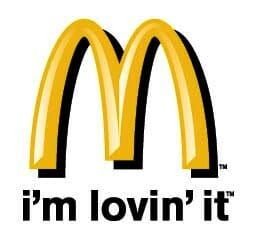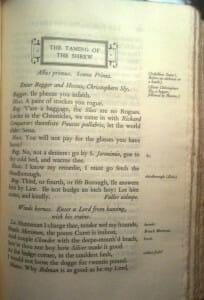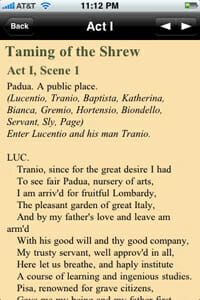 Mark Barrett over on Ditchwalk, is trying to figure out the epub and pdf translation processes from the point of view of an author who wants to move his work into the public sphere.
Mark Barrett over on Ditchwalk, is trying to figure out the epub and pdf translation processes from the point of view of an author who wants to move his work into the public sphere.
When authors start having to roll up their sleeves and get under the hood of translation software, learning the ins and outs of formatting, you know we are still in a hobbyist phase.
Of course, the whole computer culture is still like this, to some extent. It’s not as bad as it used to be, when it was assumed that if you owned a PC you would want a nice leather pouch to keep your wrenches, drivers and chip pullers in.
That culture is still around. Today I had the pleasure of learning just enough about cable modems to purchase one of my very own after the leased job I had from Comcast finally keeled over. Several Technicians at Comcast had a bit of a snicker about just how long I’d had the old modem. But if it’s under your desk and everything is fine, eight years can pass very quickly.
Anyway, here’s what Mark had to say at one point in his progress to publication:
Because the stories I want to publish are straight text, the reflowable .epub format not only meets my needs as an author, but it provides the most transparent reading experience for end users. That’s a win-win for me because I don’t have to make any trade-offs between my own authorial needs and the end-user reading experience.
In a New York Times item this week, Nick Bilton looked at the need to take breaks when reading on screens. V. Michael Bove, Jr., director of the Consumer Electronics Laboratory at the M.I.T. Media Lab, was asked whether e Ink (like the Kindle), full-color LCD screens (like the iPad) or paper offered a better reading experience:
It depends on the viewing circumstances, including the software and typography on the screen.
And What About those e-Books?
I was in high school when McDonald’s opened in my home town. We were forbidden, of course, from going there, to no effect whatsoever. Burgers that were cheap, so cheap even we could afford them. Great fries. No waiting, no sitting around trying to act like an adult at a table. What could be bad?Convenience, economy, flexibility. This is what the appeal of e-readers is today. And just as my mother couldn’t quite get herself to call McDonald’s burgers “food” it’s hard to see exactly where the “book” is in the e-Pub reader world.
Is a book a 500-word blog post? I don’t think so. How about a 30,000-word blog post, one long page of text? No, not a book. How about a 21-page PDF, but one where the vendor has created a neat “3D” image with modeling software of the report as a book, with a spine and everything. Does that make it a book?
(By the way, I’m looking for someone to define exactly what an e-book is. Not one that’s a copy of the files used to print a book. When does an electronic “text” become a “book”?)
It Sounds Good, What’s The Price?
There’s always a trade-off. Perhaps Mark doesn’t think going to e-Pub impacts the reading experience. Or maybe typography does play a crucial role in readability, and in subtly tying us to our own cultural history.The monocultures that grew up around the fast food industry have decimated much of the centuries-old agriculture of the country. Farming and livestock production are now done in “factories.” The buying power and overwhelming financial growth of fast food and greater food processing ability changed everything we eat and, in the process, changed us.
What about books? The books we’ve grown up with are mass-produced objects of retail trade. Without the mass-production part, the economics of the business change drastically. When the overwhelming growth of e-books, the intoxicating ability to reproduce them endlessly with no cost and no inventory, and the “flexibility” of the format to allow the texts to flow into and through various devices, when these reach a tipping point, the book will cease to exist as an item of popular culture.
Takeaway: The change from printed books to e-books will not happen overnight, but it is inevitable. We don’t know what trade-offs will be involved, because transitions raise more questions than they answer. But the book will not remain the same.




